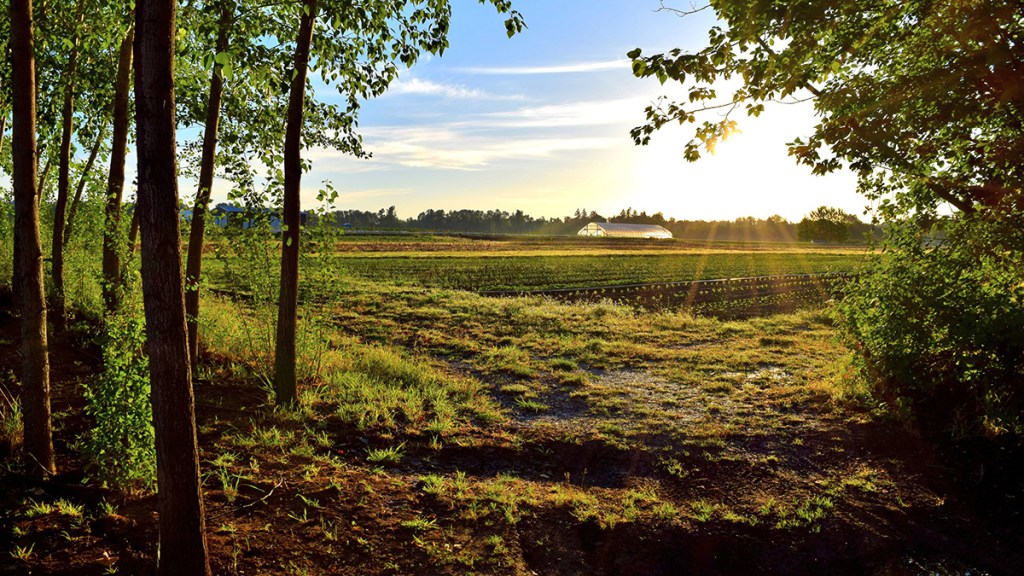A new global study finds that the benefits of diversified agriculture are abundantly clear, whether for food security, biodiversity or the bottom line.
The Gist
Agricultural diversification—those that intentionally diversify crop and noncrop, and livestock species—is often presented as being good for biodiversity. But it’s also commonly perceived as having negative consequences like reduced yields. A comprehensive new global study instead found widespread social and environmental benefits, with very few negative effects.
The study, published in the journal Science, drew from 24 studies in 11 countries across 2655 farms. The study showed how five diversification strategies involving livestock, crops, soil conservation, noncrop plantings and water conservation offer measurable benefits. Led by the researchers from the University of Copenhagen and University of Hohenheim, the study included 58 global researchers, including scientists from The Nature Conservancy and partners.
Previous studies investigated either the socioeconomic or environmental effects of agricultural diversification. This study investigates effects across the board, with surprisingly positive results.
“Our results from this comprehensive study are surprisingly clear. While we see very few negative effects from agricultural diversification, there are many significant benefits,” says Laura Vang Rasmussen, lead author of the study. “This is particularly the case when two, three or more measures are combined. The more, the better, especially when it comes to biodiversity and food security.”
The Big Picture
The study involves data sets from different types of agriculture around the world from maize production in Malawi, to rubber trees in Indonesia, to silvopastoral cattle farming in Colombia and winter wheat in Germany. While the measures for food security may be different for small-scale farms in Malawi than large European farms, the study unites the data to form a comprehensive picture of diversified agriculture’s benefits.
“When we look across all datasets, our results show that applying more diversification strategies improved both biodiversity and food security, and didn’t have a negative effect on yields,” says Ingo Grass, a lead author.
The researchers see the greatest positive effects on food security, followed closely by biodiversity. Furthermore, social outcomes in the form of well-being also improved significantly.

“One example is fruit trees planted in maize fields in Malawi, which can help farming families improve their food security through improved diet and nutrition. Partly because they eat the fruits themselves, and also because the trees generate extra income when their fruits are sold at market—income that provides small-scale farmers with purchasing power for other foods,” says Laura Vang Rasmussen.
Among the many strategies adopted, livestock diversification and soil conservation had the most positive outcomes.
This study included data and involved partners from the Sustainable Cattle Ranching initiative in Colombia; and its findings reinforce the importance of The Nature Conservancy’s efforts in promoting silvopasture in Latin America and regenerative food systems worldwide, according to Christina Kennedy, TNC’s Global Director of Spatial Conservation Science and co-author.
The Takeaway
The Green Revolution has been heralded for increasing crop yields and improving food security globally. But it has largely relied on monocultures. This focus also has had unintended consequences including pollution, loss of ecosystem services like soil fertility, water regulation, and crop pollination, reduced climate resilience, and economic hardships for individual farmers.
The paper’s authors acknowledge that the outlook for simultaneously protecting the environment and improving the lives of farmers is often portrayed as bleak. But this study shows that applying a suite of diversified farming practices can offer win-win scenarios.
For Vang Rasmussen, the takeaway is clear. “Drop monoculture and industrial thinking and diversify the way you farm—it pays off,” she says.



